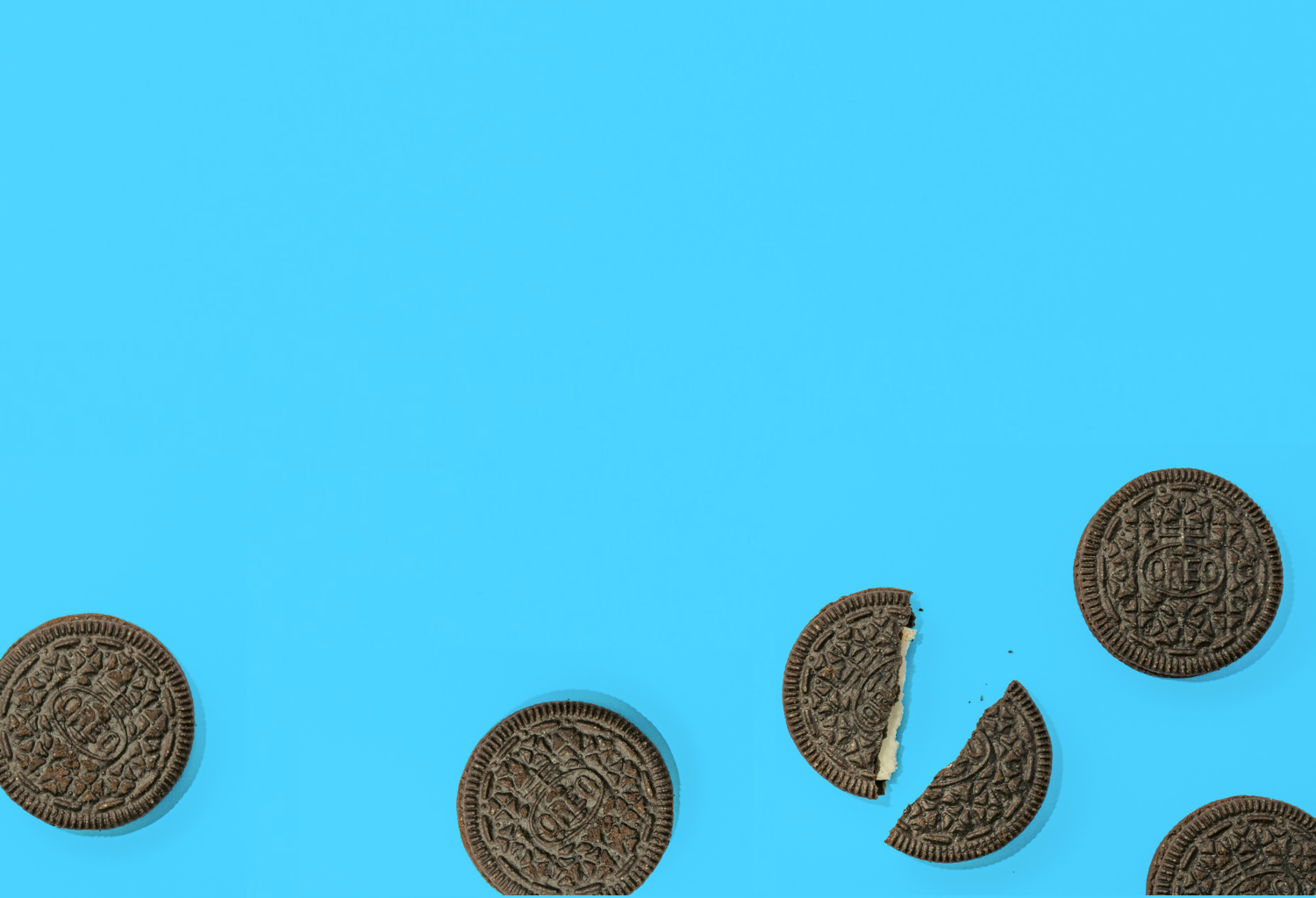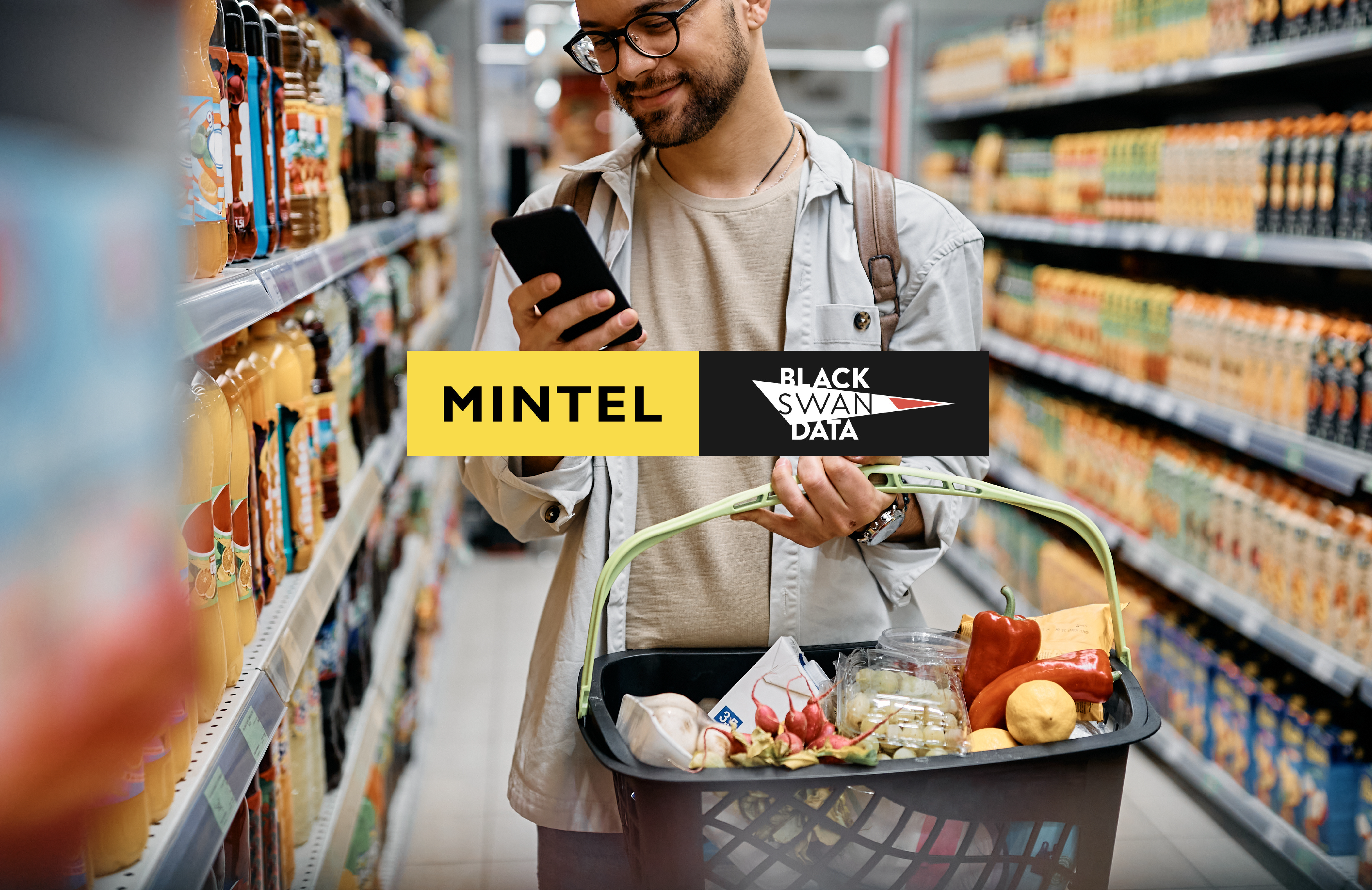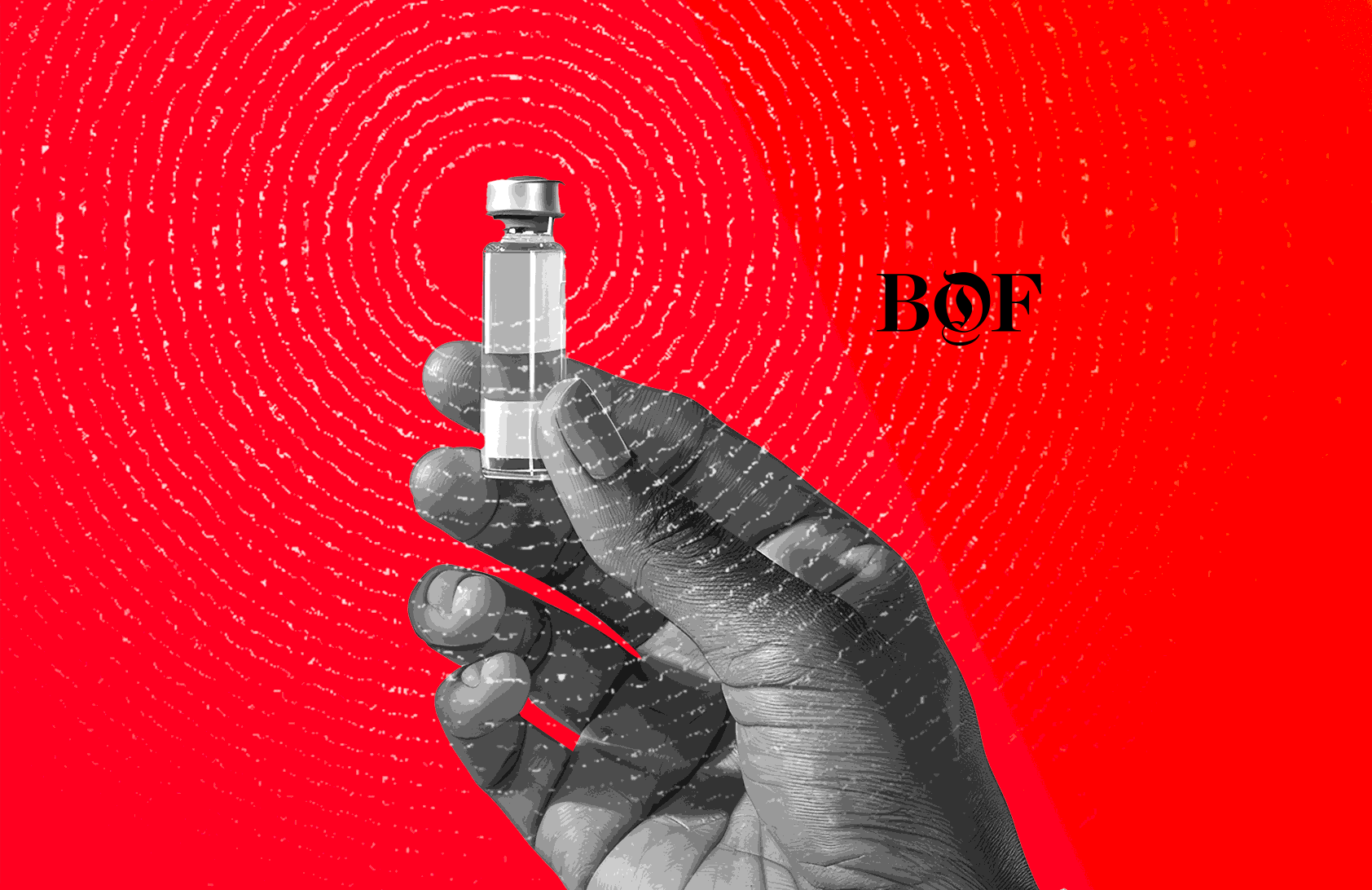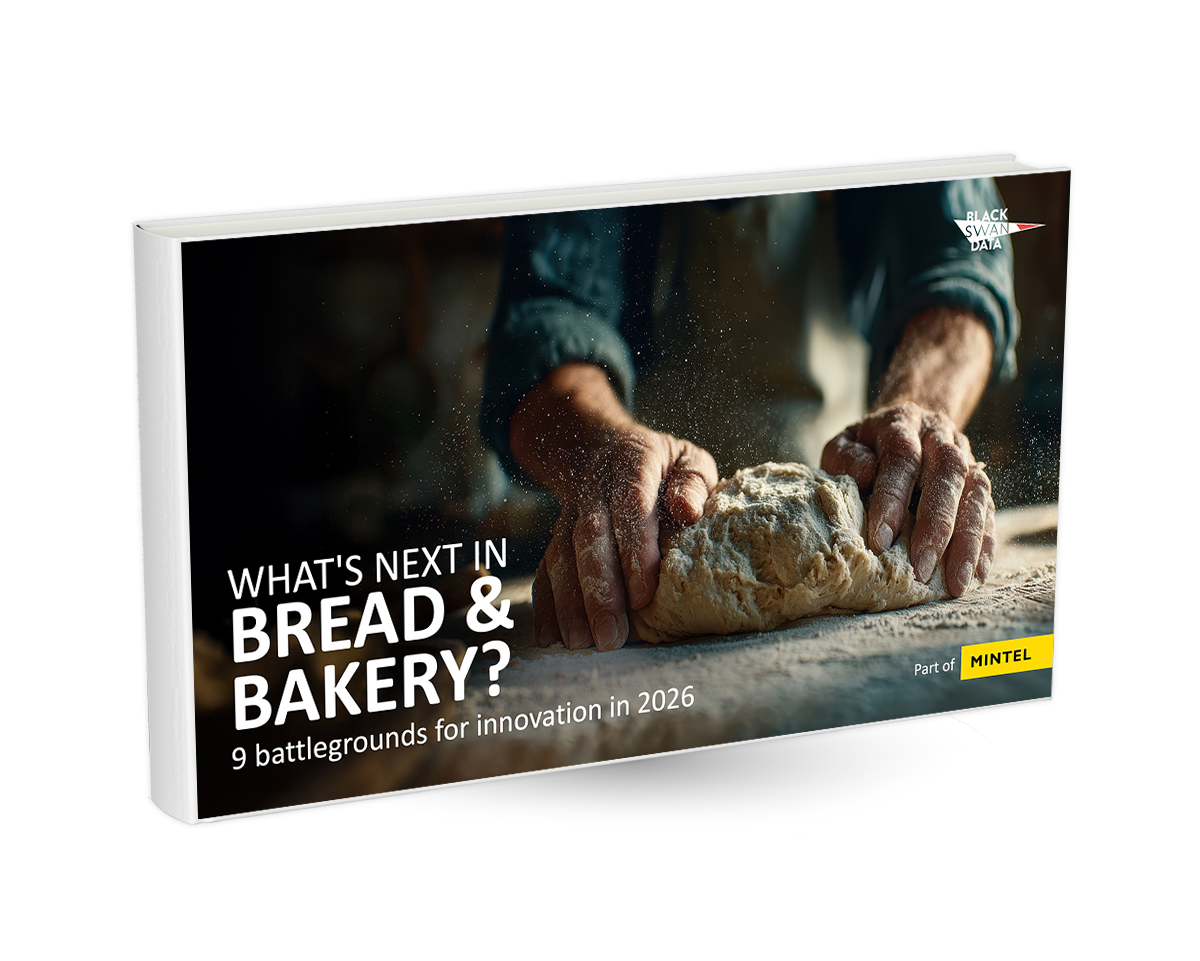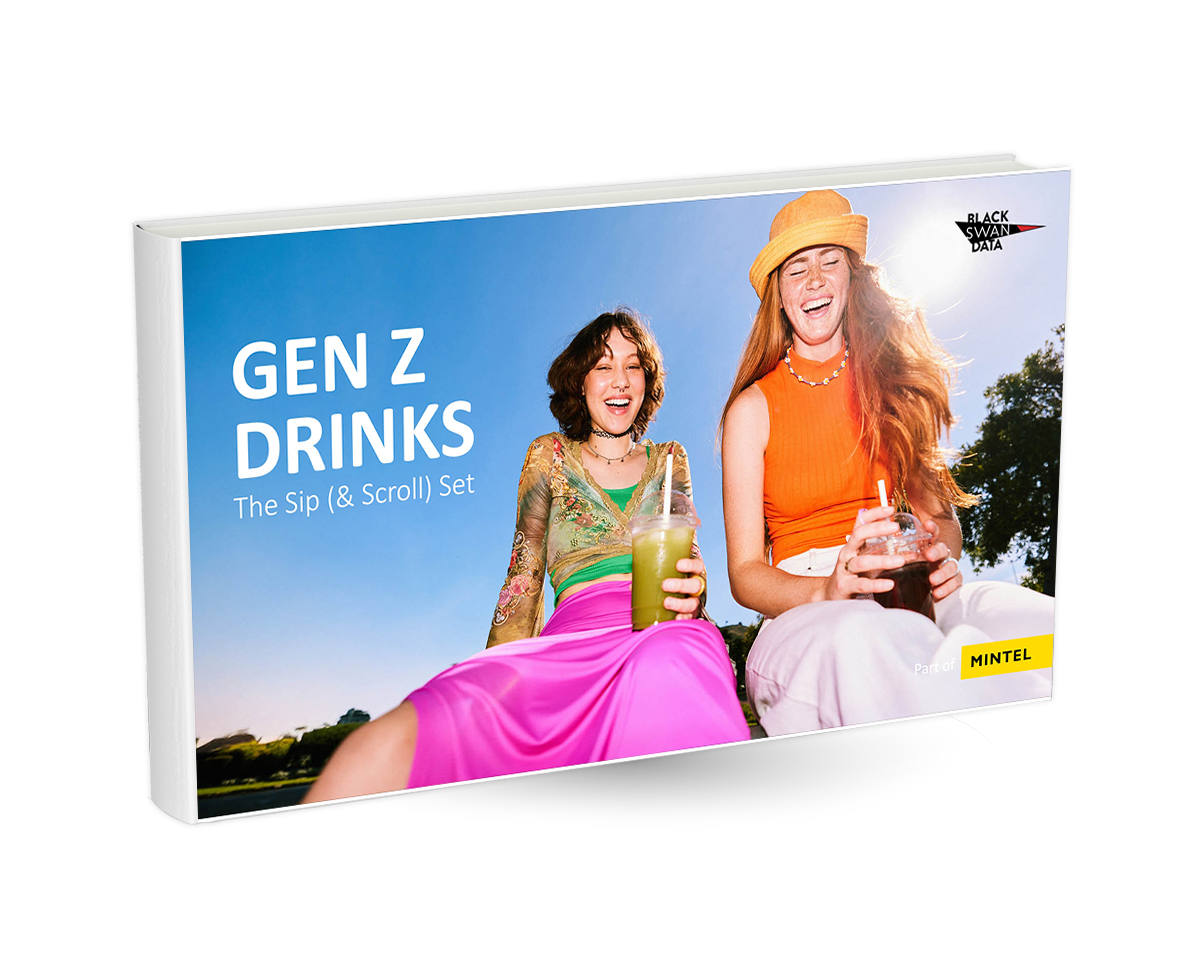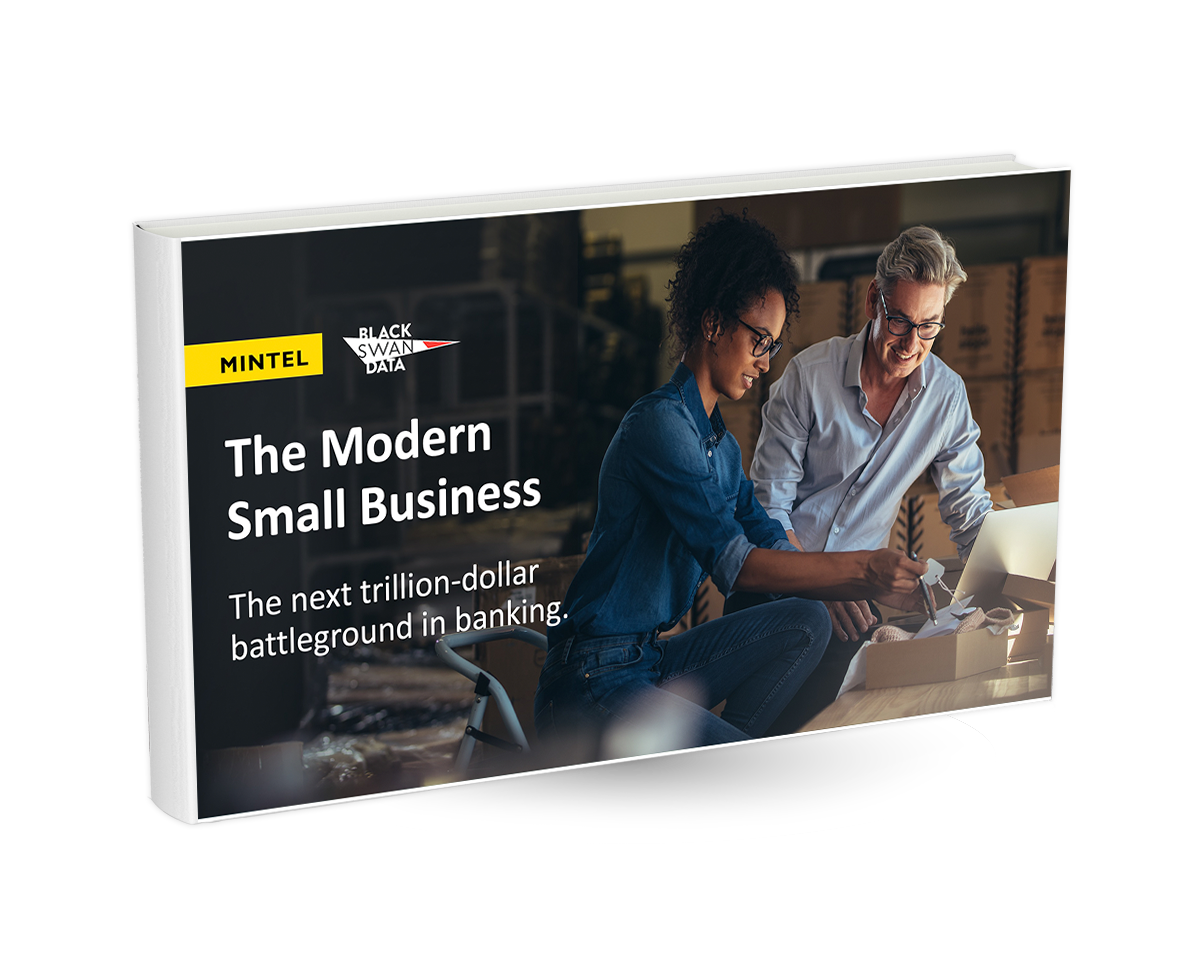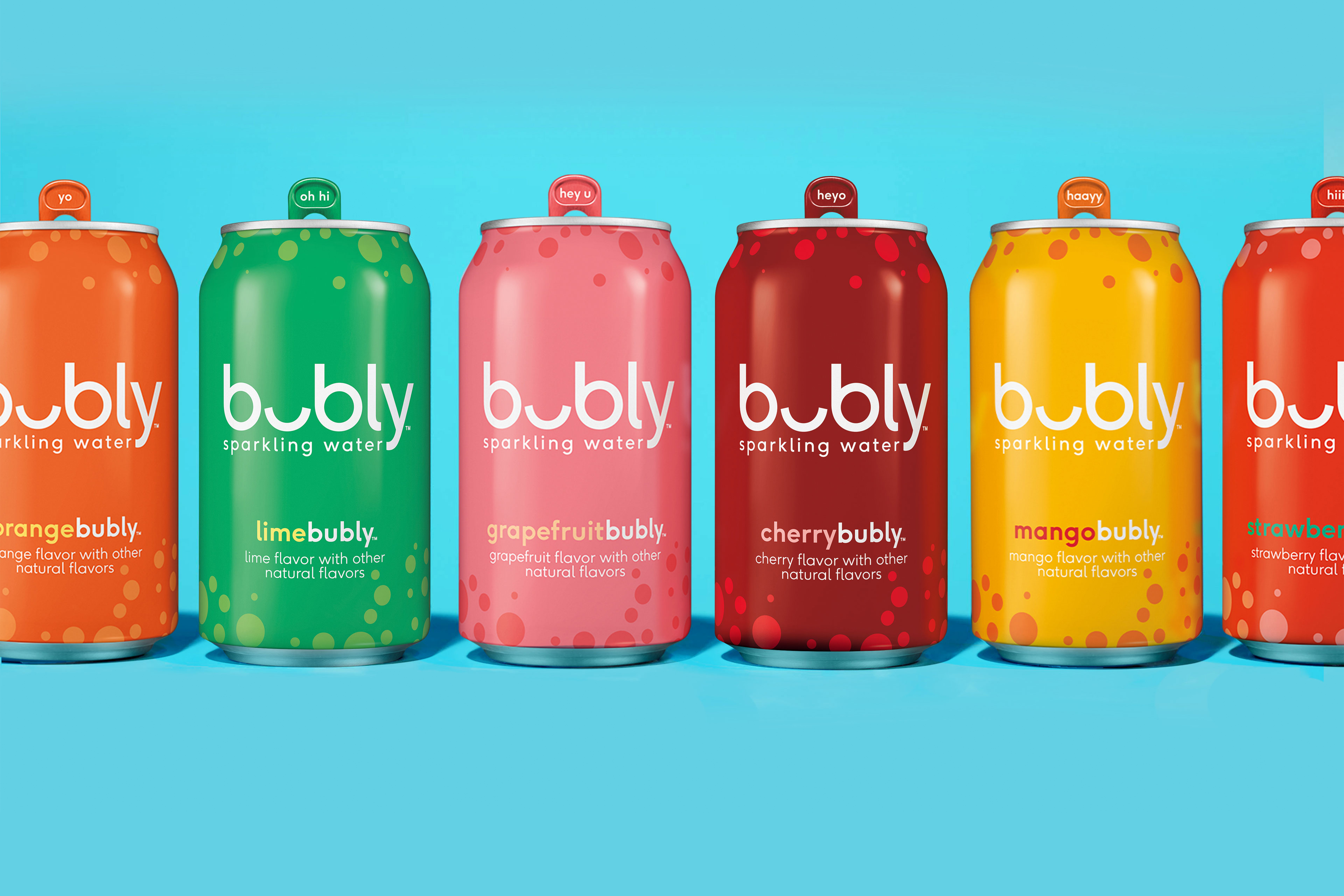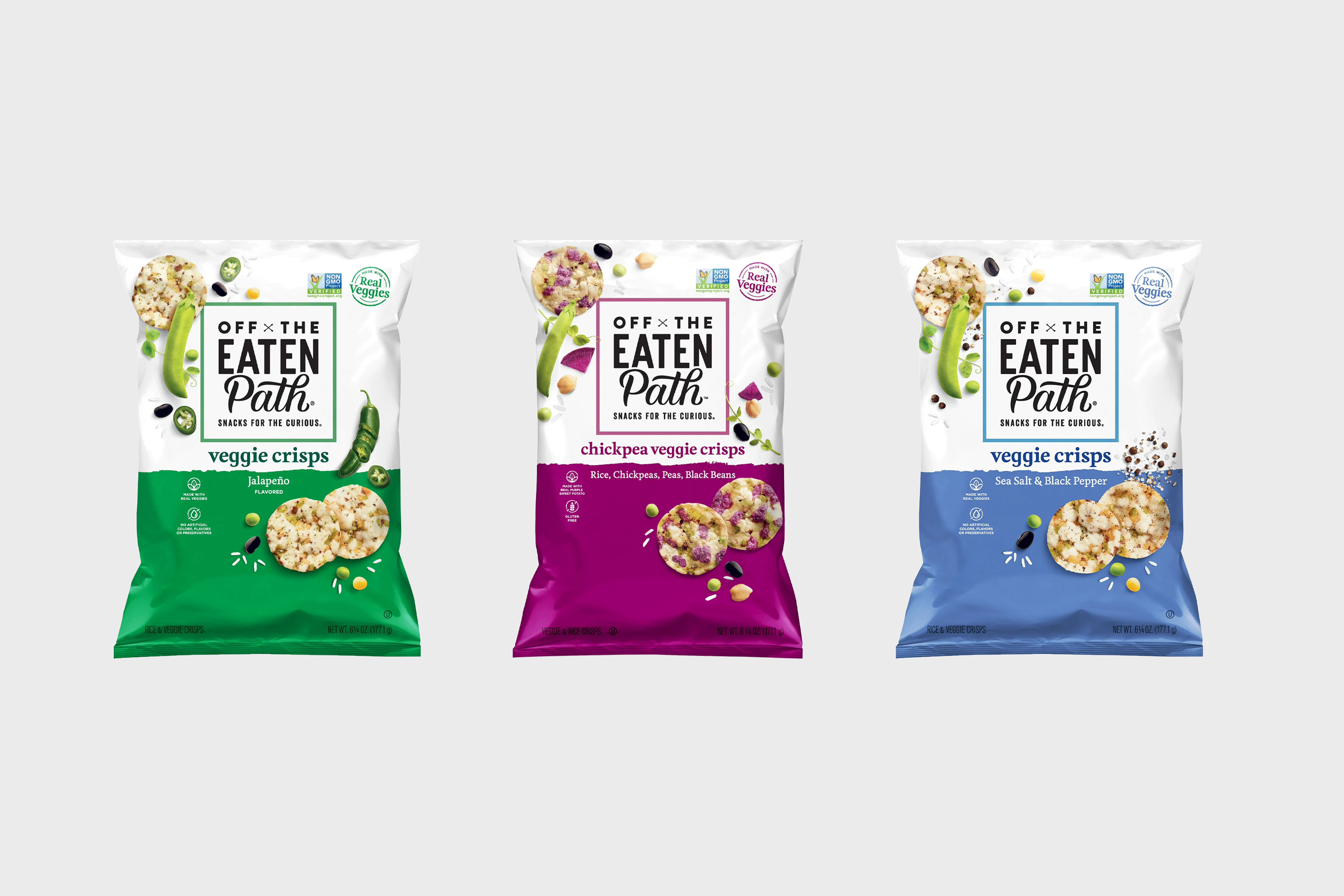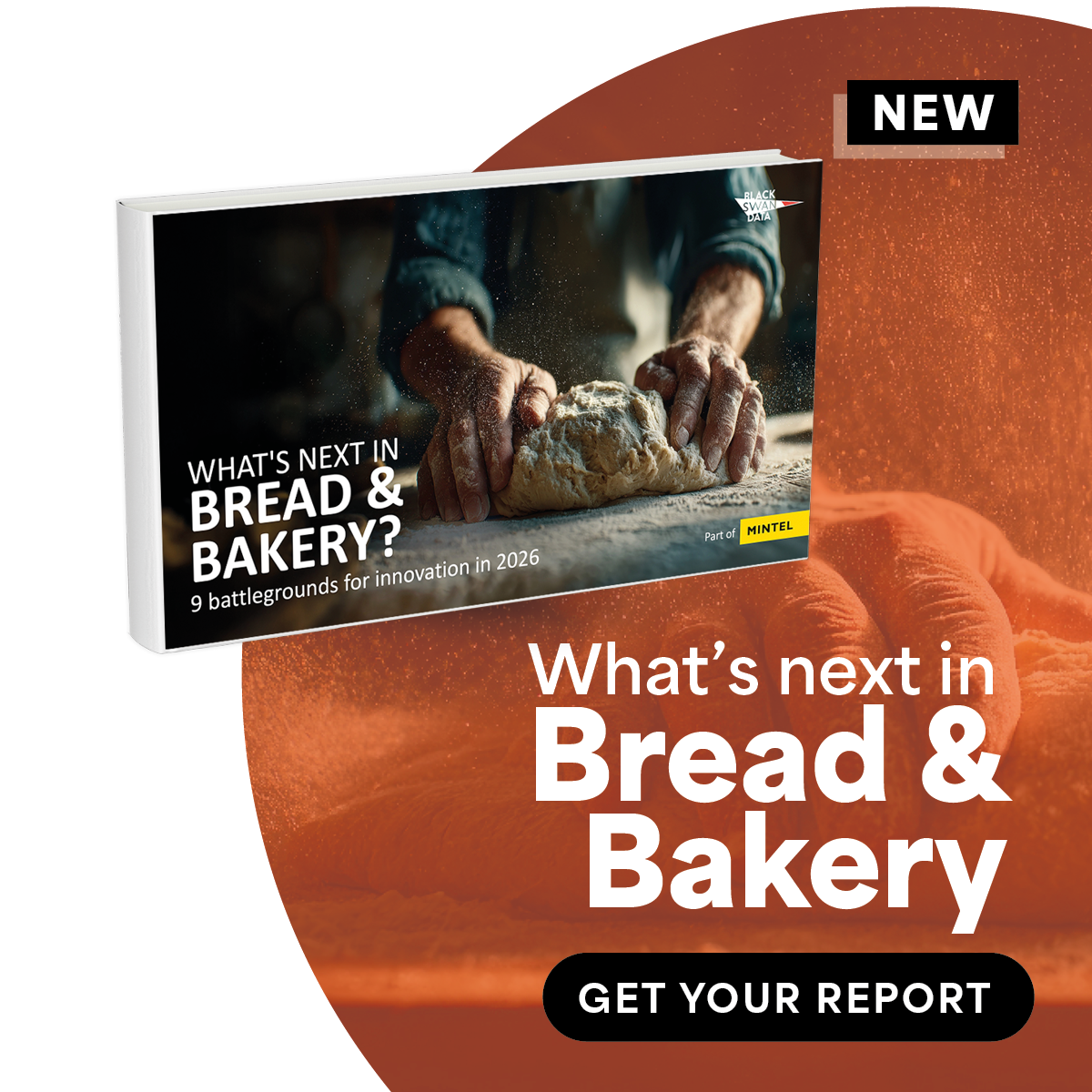What a long time eight weeks can be. It’s enough time to lose a stone in weight on
the NHS weight loss plan, to gain four pounds in weight if you are a new born baby, or to work up to running for 28 minutes at a time, on the
Couch to 5K programme. These are impressive changes, but they pale in comparison to the changes we’ve seen since we started our Covid-19 webinar series. Consumer conversations, behaviours and trends are shifting so quickly that eight weeks has felt more like eight years. In each of our fortnightly webinars, the prevailing consumer mood has been different; in this, the fourth, we’ve seen the focus move from the worry and fear of the early days, through establishing new routines, to where we are now, which is starting to think about the future.
Macro, long-term behavioural trends that have been building relevance and momentum over the last few years rapidly declined over the last eight weeks. This is true across several categories, and it’s a concern for brands that have invested in innovations based on these needs and behaviours. But have these trends really died, or is this just a blip caused by our artificial and temporary environment? Which Covid-19 driven behaviours will stick after lockdown is lifted, and which will fade away as quickly as they arose? And how do you balance what consumers need now, with what they will need in the medium to longer term? At Black Swan Data, it’s our job to take the long view, cut through the noise and help brands to answer these questions.
This webinar was all about the snacking category and we were fortunate to have with us Brigette Wolf and Barbara Schandl from Mondelēz, owner of iconic and much loved brands such as Oreo, Cadbury and Ritz.
“Humanizing our brand experiences and staying close to people is critical. Businesses need insight now more than ever.” Barbara Schandl, Insight Lead, Mondelēz International
Our first speaker was Black Swan’s Insights Director, Katy Parsons, who set the scene by taking us through the drivers of growth in the snacking category, how those have changed during lockdown, and how we expect them to look in the future.
Katy told us that before Covid-19, we had identified ten category drivers by using a combination of our network clustering techniques and trend prediction metrics, from more than 67 million conversations in the two years to January 2020. The trend prediction value (TVP) rank shows trends with the highest propensity to grow, and the relative size of the circles indicates volume of conversations. Simply put, shorter term opportunities lay on the left of the chart, and longer term drivers on the right. Overall, the trends paint a picture of sustainable, natural, plant-based snacking, with an emphasis on managing and maintaining weight through healthier eating, and on creating positive moods and experiences. If you want to know about these drivers in more detail, please contact us
here.
Of the ten snacking drivers that we identified pre-Covid, all but one have been declining since the beginning of lockdown. Sustainable Living has increased, largely because the driver has elements related to workers’ rights and social good – people during lockdown are thinking about supply chains and the impact of brands on communities.
In lockdown, perhaps unsurprisingly, snacking has been meeting people’s needs for comfort, mood boosting and emotional support. As the tweets below show, consumers are getting nostalgic, harking back to brands and tastes familiar from childhood, and they are also concerned about supply chains, reliance on imports, and supporting home-grown businesses. Increased snacking conversations include:
- Made in the USA +328%
- Banana Split + 299%
- Chocolate Ice Cream +205%
- Mood Booster +122%
- Home Baking +37%
- Family Snacks +28%
Following on from Katy, we heard from Brigette and Barbara, who represent
SnackFutures, Mondelēz International's new innovation hub, which is dedicated to unlocking emerging snacking opportunities around the world. Brigette emphasised the importance of insight in the process of innovation, saying
“Food is a very intimate thing – I’m putting something into my body. Listening to people is so important because one of the risks in business is that you detach from the people you are serving; they become ‘the consumer’, this alien entity from us. Big data is wonderful, but don’t forget there is a person with a story behind every data point.”
Barbara told us about some recent product launches that resonate with our pre-Covid trends. For example, they have launched the
Dirt Kitchen brand of vegetable snacks which offer healthier snacking options, including crisps made from ‘
rescued veggies’, which also demonstrate sustainability. Similarly, the
CaPao brand of fruit-based snacks combines exotic ingredients with an environmental project – using the previously discarded by-products of the chocolate industry.
During lockdown, the SnackFutures team have seen changes in consumer behaviour that reflect the changing conversations we have tracked, and the increased focus on comfort, trust, indulgence and nostalgia. They’ve also observed nuances that have made them question some of the received wisdom in the category. Barbara said
“Before Covid-19, convenience in snacking meant ‘on the go’, and out of the house, but we’ve learned that people at home need convenience too. If you are trying to home school and work at the same time, giving your kids a convenient, healthy snack can buy you a bit of time to finish your Zoom call before they get hungry again.”
Mondelēz has benefited from an increased market share, as snacking has become an incredibly important part of lockdown life, and they’ve made operational changes such as increasing pack sizes to support families snacking together. Brigette emphasised that whilst they are happy to have gained share, the company’s priority is to take care of its employees, to have empathy and to be sensitive to consumers’ needs.
When you're an innovator, you’re an optimist and you want to be really positive. But there's a lot of pain in the world right now. We have to balance the business opportunity with acknowledging there’s going to be an economic pressure on many people and being sensitive to that. But there are still needs that consumers want solutions for and that’s our job. Brigette Wolf, Head of Innovation, Mondelēz International
So, it seems like there’s been an about-face in what matters to consumers in snacking during Covid-19: we've ditched plant-based foods and weight management priorities and instead stuffed our faces with ice cream and cookies. And whilst that has been true to an extent, as lockdown is starting to ease, the conversation is moving on again. People are looking to the future, realising they are gaining weight, and starting to think more about wellbeing and mental health.
As such, snacking is becoming more considered and thoughtful, and we are seeing renewed growth in pre-Covid drivers, but with Covid-driven nuances. For example, in Diet 2.0 we’re seeing an increase in ‘better for you’ baking ingredients, such as Almond Flour (+43%) and Coconut Flour (+22%); people still want to bake as they have done during lockdown, but with a healthier twist. In Experience Seeking, consumers are talking about Extravagant Snacks (+12%), or Affordable Luxury (+18%) to bring an element of excitement. In Mind and Body Management people are sharing how they’re having difficulty sleeping and they’re looking for solutions to help them Ease Into Bedtime (+3%) or Boost Energy during the day (+42%).
So, whilst it may feel like everything has changed, the reality is quite different as our collective behaviour reverts to the mean. Our analysis is always about the longer term and what this webinar has shown is that the overarching trends we have identified are all still valid as longer-term anchors for innovation, but that we need to keep listening to consumers to understand the wider context and to pick up on the nuances of how these trends will manifest and play out again.
“It is always important to stay close to consumers, but it’s now more important than ever. It’s not about asking directly ‘how often do you eat chocolate?’ it's the bigger context. It’s not just consumer centricity, it’s human empathy. We need to take a step back and understand how things are changing for people around the globe, to understand not just the snacking category but also how do people live now? There’s going to be really great innovation coming out of the wider context.” Barbara Schandl, Insight Lead, Mondelēz International
If you want to find out more about the impact of Covid on long-term drivers and trends in your category, and how to apply this analysis to guide innovation and messaging both now and into the future,
please get in touch.
Nik Pearmine, VP of Client Strategy
Note: All data points in this blog are Month on Month (unless stated) and derived from Black Swan’s US Snacking social data dataset up to 22nd May 2020.

